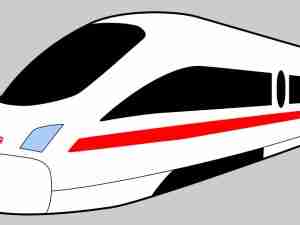The bill authorizes states to allow the operation of trucks on the Interstate Highway System with a gross weight of 97,000 pounds. Current law limits the weight of 5-axle trucks traveling on the Interstate System to 80,000 pounds.' The legislation requires that trucks operating above 80,000 pounds must add a sixth axle to compensate for the extra weight.' The extra axle adds additional braking capacity, preventing an increase in stopping distances, and prevents pavements from sustaining more damage.
Operation of these more efficient vehicles will allow trucking companies to deliver the nation's freight while making fewer trips. The result will be a reduction in the number of truck-involved crashes, less fuel use ' and thus reduced emissions and carbon ' and less congestion on our crowded highways. Fewer miles traveled also means less pavement damage, lowering highway maintenance costs. Any additional bridge costs will be covered by a higher federal fee that the vehicles authorized to operate under this legislation will be required to pay, and which will be dedicated to bridge investments in those states that authorize use of the heavier trucks.
'ATA supports a number of reforms to federal truck size and weight regulations as part of our Sustainability Initiative,' ATA President and CEO Bill Graves said. 'More efficient trucks, like those allowed under this legislation, will significantly reduce the trucking industry's carbon output.'
Existing restrictions on truck weight limits constrain the trucking industry's efforts to reduce crashes, lower our carbon footprint and help our customers to remain competitive in global markets.' It is important to note that U.S. weight limits are the lowest in the developed world, putting American businesses at a distinct disadvantage.






